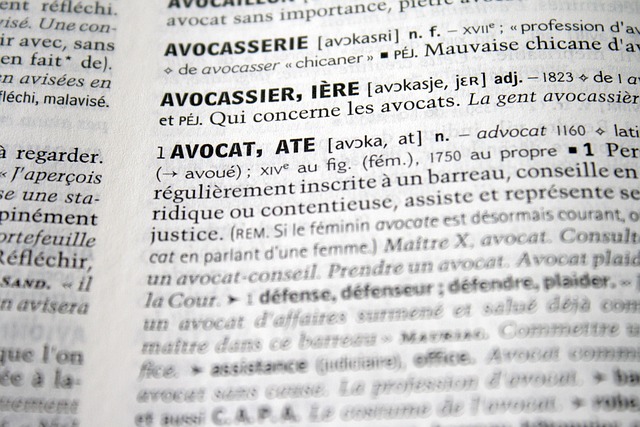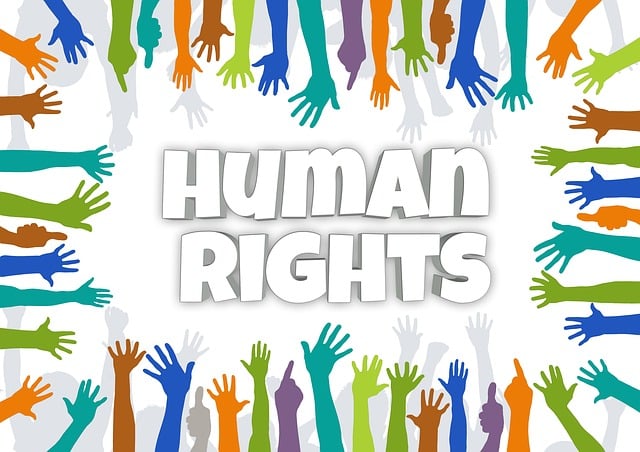Criminal law cases vary widely, from minor to serious offenses, emphasizing fairness and due process distinct from civil law. Key differences include the burden of proof beyond a reasonable doubt and unique defenses like white-collar defense. Class Action Lawsuits empower victims to unite against systemic harm, especially in white-collar crime cases. Understanding specific eligibility requirements is crucial for joining such lawsuits, ensuring accountability through collective action with proven success rates.
“Explore the intricate world of criminal law cases with our comprehensive guide. This article breaks down the fundamentals, delving into key aspects like class action suits and their impact on legal rights. We unravel the complexities surrounding eligibility requirements for these powerful legal mechanisms.
Understand how class action lawsuits empower individuals, collectively addressing significant issues. Discover who can join, the benefits, and the crucial role it plays in advocating for affected communities. Know your rights and navigate the legal landscape effectively.”
- Understanding Criminal Law Cases: A Comprehensive Guide
- Class Action Suits: Who Can Join and Why It Matters
- Eligibility Requirements: Unlocking Your Legal Rights
Understanding Criminal Law Cases: A Comprehensive Guide

Understanding Criminal Law Cases involves delving into a complex web where laws and justice intersect. These cases encompass a wide range from petty misdemeanors to grave felonies, each demanding meticulous handling. At the heart of it all lies a fundamental principle: ensuring fairness and due process for all involved.
Criminal law differs significantly from civil law in its purpose and procedures. While civil lawsuits aim to resolve disputes between individuals or entities, criminal cases are about holding individuals accountable for alleged crimes against society. A key distinction lies in the burden of proof; in criminal matters, prosecutors must convince a jury beyond a reasonable doubt, a higher standard than in many civil cases. This ensures that only those with substantial evidence against them face conviction. Furthermore, eligibility requirements for certain legal defenses, such as white collar defense, can play a crucial role in shaping outcomes. Class Action Lawsuits, governed by specific eligibility requirements, also fall under the criminal law umbrella when addressing systemic issues impacting large groups, often involving complex matters of corporate misconduct or harm to philanthropic and political communities.
Class Action Suits: Who Can Join and Why It Matters

In the realm of criminal law, class action suits stand out as a powerful tool for justice, especially in cases involving widespread harm. These lawsuits allow individuals who have suffered similar injuries or losses to join forces and seek collective redress against a defendant. The key to participation lies in meeting specific eligibility requirements, such as having experienced a common injury or loss stemming from the same unlawful conduct. This collaborative approach is particularly relevant in white-collar crime cases, where victims may have incurred subtle yet significant damages.
Understanding class action lawsuit eligibility is crucial for those considering joining such cases. By pooling resources and sharing legal strategies, participants can achieve a complete dismissal of all charges or secure substantial settlements with an unprecedented track record of success. This collective effort not only amplifies individual voices but also ensures that the true cost of the defendant’s actions is held accountable.
Eligibility Requirements: Unlocking Your Legal Rights

Unlocking your legal rights often hinges on understanding specific eligibility requirements for various types of cases, especially when it comes to complex matters like class action lawsuits. These lawsuits are a powerful tool for holding corporations and individuals accountable for widespread harm, but only those who meet certain criteria can participate. Key factors include the type and scope of the alleged wrongdoing, the jurisdiction where the case is filed, and the time elapsed since the incident.
For instance, class action lawsuits targeting white-collar and economic crimes, such as fraud or securities violations, often require a substantial number of affected individuals to join together. This collective action is designed to address harm suffered by numerous members of the public or specific philanthropic and political communities. Eligibility requirements are stringent to ensure fairness and prevent abuse, ensuring that only those truly harmed can benefit from the legal process and its potential monetary recoveries for his clients.
In navigating complex legal landscapes, understanding your rights is paramount. This article has provided a comprehensive overview of criminal law cases, delving into essential topics like class action suits and eligibility requirements for Class Action Lawsuit participation. By grasping these fundamentals, individuals can actively engage in protecting their legal rights and hold wrongdoers accountable. Remember that knowledge is power, especially when it comes to advocating for yourself or joining collective actions that drive positive change.






